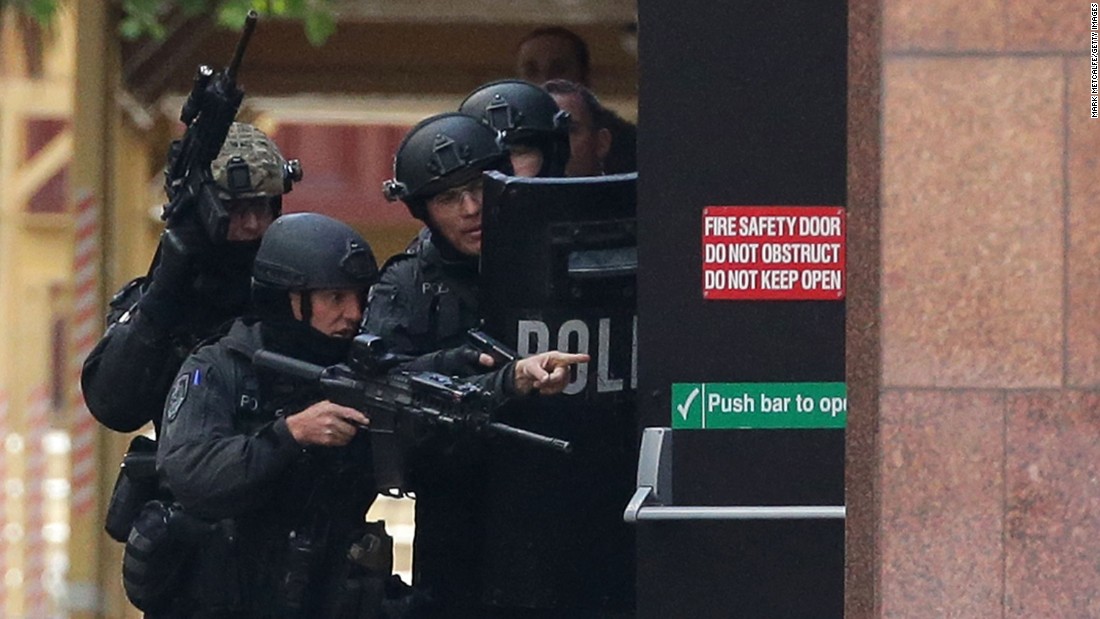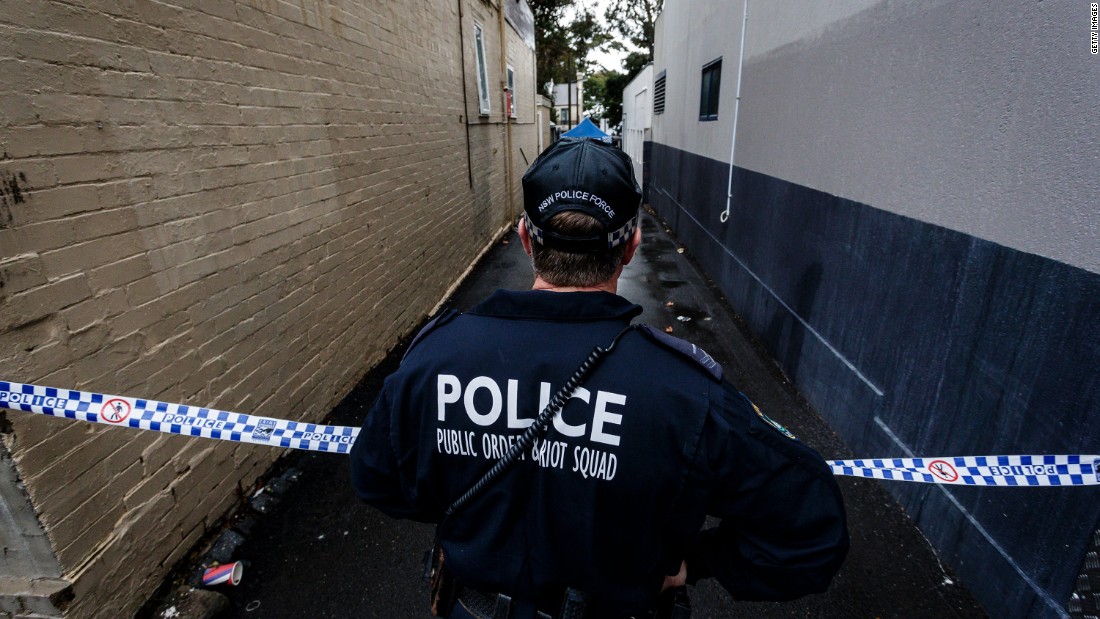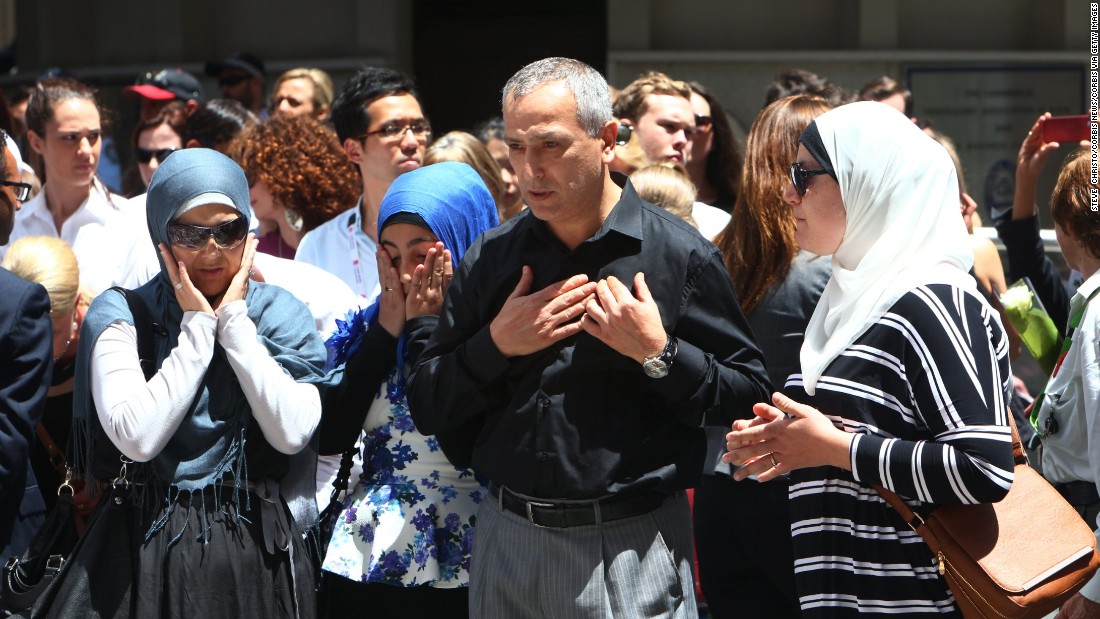For most young Australians, the violence and extremism of Syria feels a world away. But for a tiny minority, ISIS exerts a powerful allure, leading a small but significant number to head to the Middle East to take up arms.
And while the de facto capital of the self-described ISIS caliphate is more than 8,000 miles (13,000 kilometers) from Sydney, the murderous group's reach is keenly felt here -- as Australia reels from what police say was a narrowly averted, ISIS-assisted plot to bring down a plane.
For some, the ISIS connection is real and immediate.
"I know two friends, two personal friends of mine who traveled to fight for ISIS," says a 20-year-old university student who asks to remain anonymous, out of safety concerns.
"One was my best friend from primary school, the other guy I saw at the gym -- he was very close to my brother-in-law.He was a groomsman at my sister's wedding."
For a small number of Muslim Australians living here, theirs is a life of alienation, he says. The university student, who is from Melbourne, tells CNN that despite what they have in common, many young Muslims are made to feel like strangers in their own land.
"I do believe it's because of a lack of belonging here in Australia," he says from his university campus. "When anyone travels overseas often there we're known as Australian. Here in Australia we're known as foreigners."Around 220 Australians have traveled to Syria and Iraq, where around half are believed to be currently fighting or engaged with terrorist groups, according to an Australian Security Intelligence Organization (ASIO) spokesperson.
Counter-terrorism experts like Greg Barton, chair of Global Islamic Politics at Deakin University, believe the figures could be even higher. He estimates as many as 260 Australians could have traveled to the region, most of whom have taken up arms with ISIS.
While the Muslim population in Australia is relatively small, a study last year from the National Bureau of Economic Research suggested the country ranks highly in comparison to other English-speaking nations when it comes to the number of ISIS foreign fighters per Muslim population.
Hass Dellal, executive director of the Australian Multicultural Foundation, says communities need to provide a much stronger counter-narrative around the allure of groups like ISIS.His foundation has received funding from the Australian government to run workshops that teach families, police and community workers to look for the warning signs of radicalization.
"The messaging that's coming out is nothing but propaganda, and it's about luring them into a false sense of security," Dellal says, listing some of the messages of inclusion he says ISIS tells disaffected Australians.
"'We'll make you feel better. We'll make you feel important. We'll give you a family. We'll give you a sense of belonging. We'll give you some worth. Come and fight for a cause.'"
For most young Australians, the violence and extremism of Syria feels a world away. But for a tiny minority, ISIS exerts a powerful allure, leading a small but significant number to head to the Middle East to take up arms.








